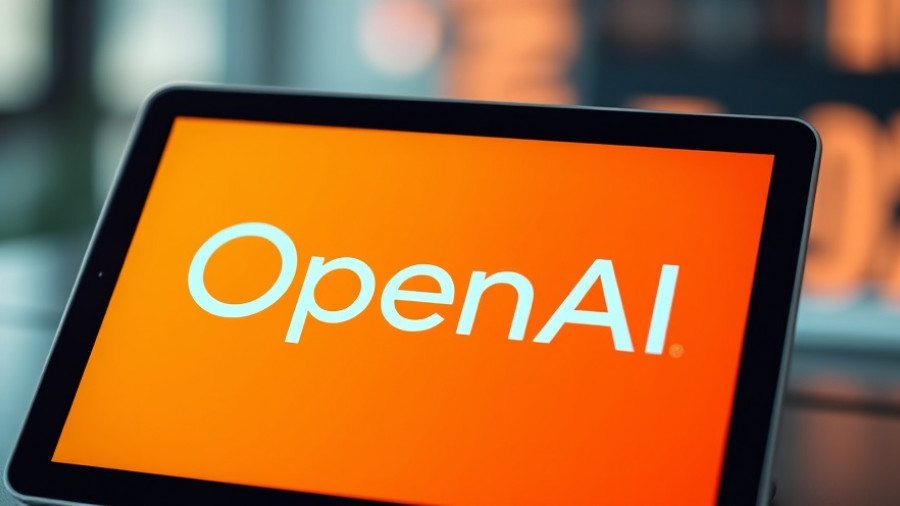
OpenAI's Missteps Highlight Trust Issues in AI
The AI community was recently rocked by claims from OpenAI researchers that their new GPT-5 model had solved several renowned mathematical problems known as the Erdős problems. Initially celebrated on social media for what many viewed as a remarkable achievement, the reality was far less groundbreaking. Critics, including mathematician Thomas Bloom and industry leaders like Demis Hassabis of Google DeepMind, quickly corrected the record. Bloom emphasized that GPT-5 merely surfaced existing solutions in the literature, not original breakthroughs.
The Fallout: Social Media and Industry Reactions
The aftermath of the claims has sparked a range of responses from industry experts. Yann LeCun, chief AI scientist at Meta, famously quipped that OpenAI was "hoisted by their own GPTards," underscoring the embarrassment the incident brought to the company. Such responses illuminate an ongoing tension in the AI industry, where companies are continuously vying for acclaim and speed in communicating their advancements. The sensational nature of the original claims offered competitors like Meta and Google a prime opportunity to underline their long-standing rivalry with OpenAI, further complicating the competitive landscape.
Understanding the Erdős Problems
The Erdős problems are a set of mathematical challenges named after the influential mathematician Paul Erdős, whose conjectures have been open for decades. When Bloom classified these problems as "open," he was noting that there simply wasn’t a documented solution available in his extensive database—not necessarily that the problems were unsolved within the mathematical community. This nuance is critical to understanding why GPT-5’s claim was misleading.
AI as a Research Assistant: A Silver Lining
While the claims made by OpenAI have been criticized, they do point toward an underlying potential for AI technologies in enhancing human research capabilities. Mathematician Terence Tao highlights the usage of GPT-5 as a helpful literature review assistant, asserting that it excels at accelerating research by linking scattered pieces of information. In a field where navigating vast databases can be cumbersome, AI’s ability to synthesize existing knowledge offers a valuable service and represents an area where AI can contribute meaningfully to mathematics and other disciplines.
The Bigger Picture: Ethical Implications of AI Claims
Criticism of OpenAI extends beyond technical misunderstandings—it raises ethical questions about the representations companies make regarding their technologies. As the race for AI supremacy heats up, instances like this one serve as reminders that overselling capabilities not only misguides the public but can also cloud scientific progress; trust in AI technologies is difficult to rebuild once damaged. As open-source initiatives gain traction and the need for transparency grows, companies will need to reconsider how they communicate their advancements to maintain credibility in an increasingly skeptical landscape.
The Path Forward: What This Means for Future AI Developments
The incident opens the door for critical discussions about the necessity of scientifically rigorous claims in the AI field. With billions of dollars in research and development at stake, accuracy is mandatory. Companies must be grounded in evidence and prioritize truthfulness over hype, ensuring that the world’s advancements in AI contribute positively and responsibly to society. This marks a teachable moment for not just OpenAI, but the entire tech industry—a clear signal that transparency and accountability should form the bedrock of future innovations.
 Add Row
Add Row  Add
Add 




Write A Comment